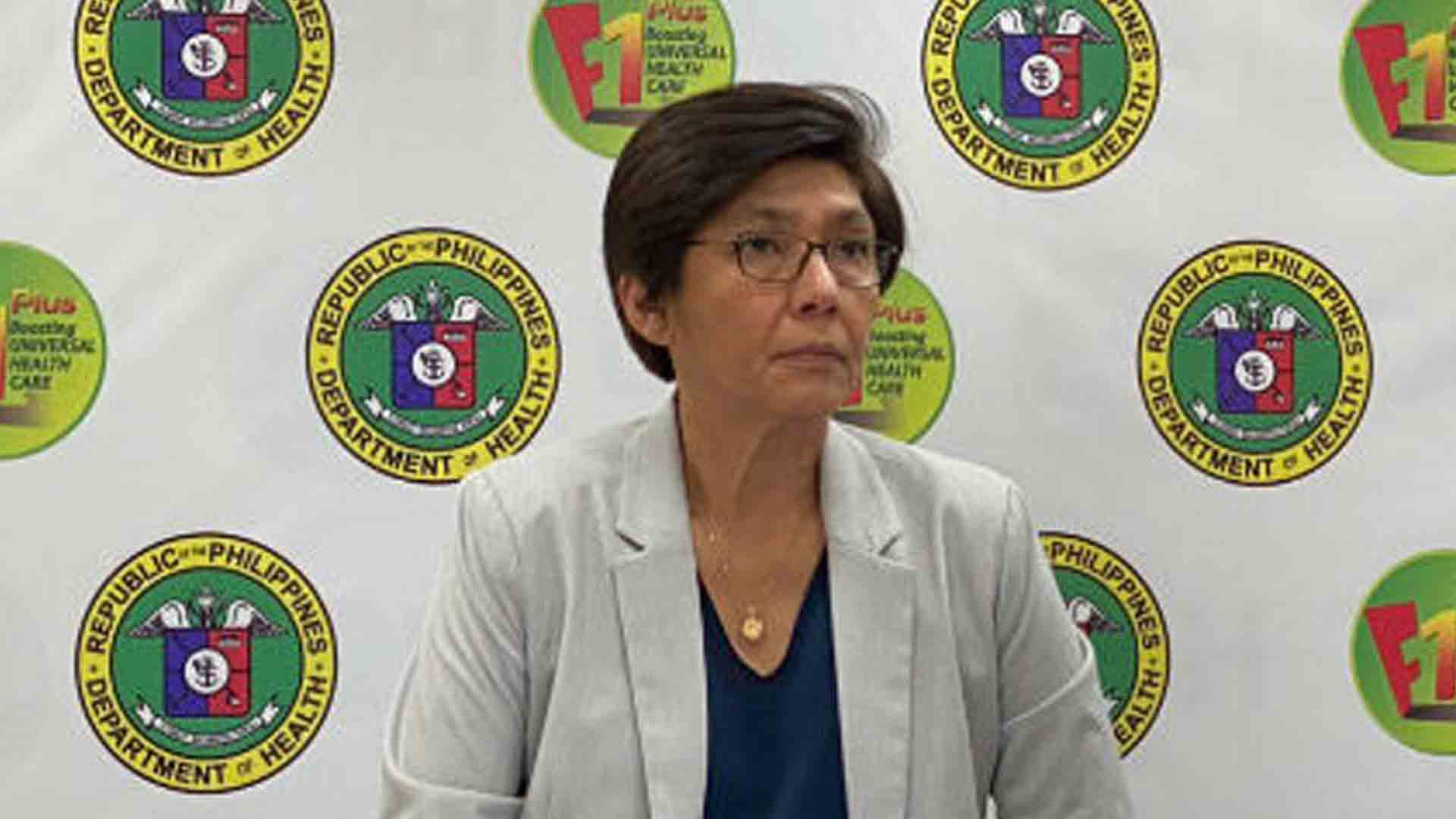The critical utilization rate in public and private hospitals nationwide with regard to the country’s coronavirus disease 2019 (Covid-19) response has improved, a health official said Wednesday.
“If we compare from the previous two weeks, for the critical care utilization, for the National Capital Region, in August, we went up to 81 percent utilization, as of September, our critical care utilization is at 67 percent, as of September 20, we’re down at 58 percent,” Department of Health (DOH) Undersecretary Maria Rosario Vergeire said in a mix of Filipino and English during a virtual media forum.
Vergeire also reported that while Calabarzon is still at medium risk, its critical utilization rate has gone down to 56 percent from 59 percent as of September 2.
“Sa Cebu, nakita talaga natin ‘yung pagbaba, and we were able to witness kung paano nila na-i-decongest ang kanilang (In Cebu, we’ve really seen the downtrend, and we were able to witness how they decongested their) health system in Cebu. So, last September 2, they are 38 percent and now at 35 percent, and, Bulacan, still medium risk at 50 percent and last September 20, 49 percent,” she added.
Citing that the percentages don’t show that the country has gotten back to its “safe level”, Vergeire emphasized that the figures still show improvements in the health system as the DOH is able to mandate both public and private facilities to open additional units for Covid-19 patients in their hospitals.
“This is not just because we’re able to discharge patients. This is also because of the additional resources we provide, and we’ve opened additional units in hospitals, and we had the One Hospital Command in order to strengthen our referral network so we can have rational admissions for Covid-19 in our different hospitals,” she said.
Vergeire added that DOH’s Oplan Kalinga also contributed to the decongestion of public and private hospitals as “it encouraged those who need not be hospitalized to just stay in temporary treatment and monitoring facilities”. (PNA)




















